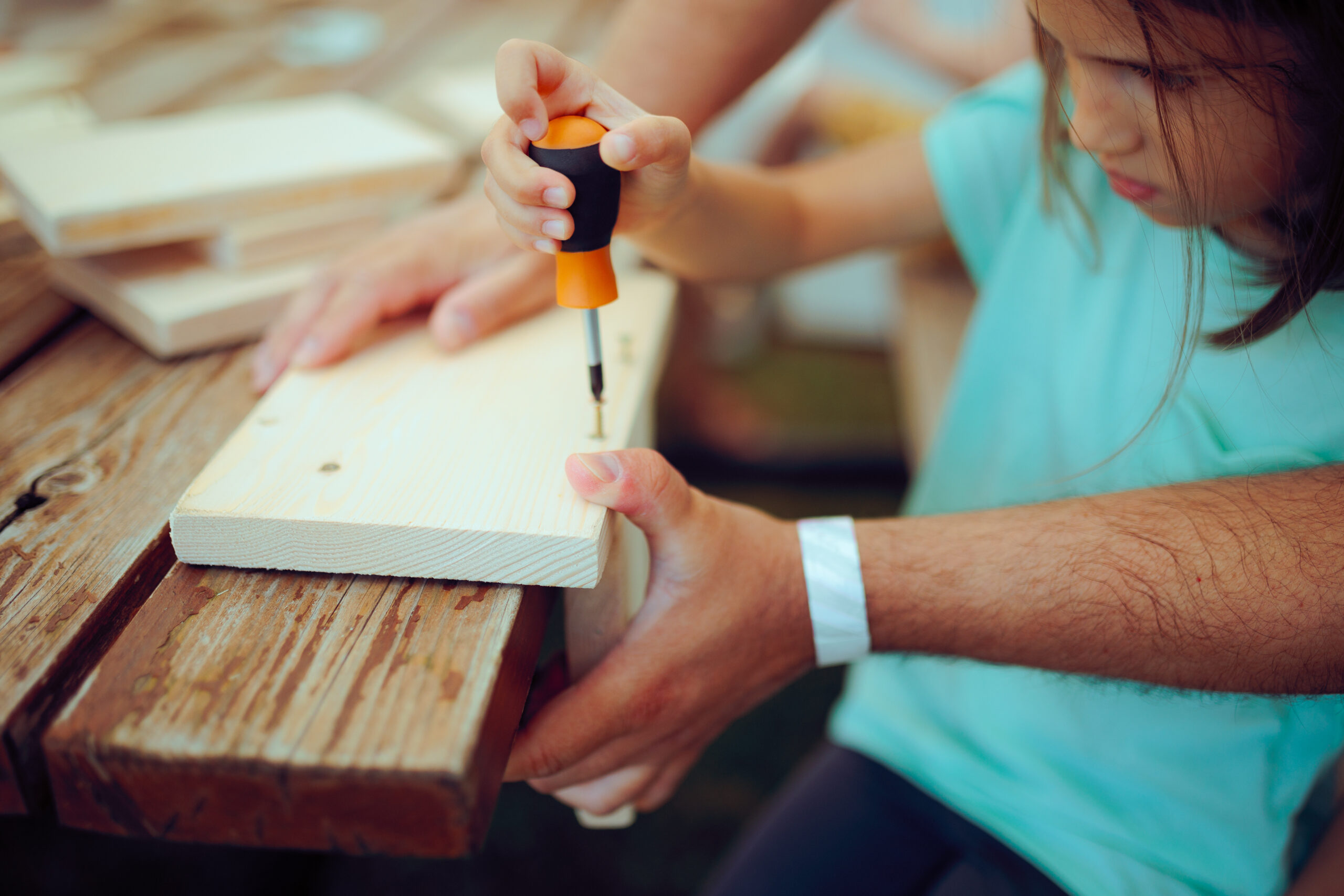Discovering the Joy of Tinkering
Ever since I was a kid tinkering with old computers in my Midtown Sacramento neighborhood, I’ve loved the thrill of figuring out how things work. There is something incredibly satisfying about taking a gadget or a little piece of tech and turning it into something useful or fun. Over the years, that curiosity has evolved into a passion for small-scale tech projects that anyone can try, whether you are a beginner or just looking for a creative hobby.
Why Raspberry Pi Is the Perfect Starting Point
One of my favorite starting points for these experiments is the Raspberry Pi. These tiny computers are surprisingly powerful and incredibly flexible. They cost less than a lunch out, yet they can run full operating systems, control electronics, and connect to the internet. For beginners, the Raspberry Pi offers endless possibilities to learn, create, and build confidence in technology.
I remember the first time I powered up a Raspberry Pi. I was amazed at how much I could do with such a small board. From programming basic games to setting up a mini media center, the learning curve was manageable, and the results were instant and rewarding. What makes these projects so appealing is that you can start small and scale up as your skills grow.
Start Small, Learn Big
For anyone just starting, I recommend beginning with something tangible. A simple project like building a digital photo frame or a temperature sensor can teach you the basics of wiring, coding, and interfacing with other devices. These projects provide a sense of accomplishment because you see immediate results, and they give you a foundation to tackle more complex experiments later.
Exploring Smart Home Possibilities
One project I really enjoy is setting up a small home automation system. Using a Raspberry Pi combined with smart plugs and sensors, I was able to control lights, monitor room temperatures, and even create alerts for when certain doors were left open. It was a small-scale smart home project, but it gave me a deep understanding of how devices communicate and how software can control physical objects. This kind of hands-on experience is invaluable, and it turns abstract tech concepts into something you can see, touch, and manipulate.
Endless Opportunities for Creativity
The beauty of DIY tech projects is that they are endlessly customizable. You can mix and match sensors, modules, and components to create something that fits your interests or solves a problem in your home. I like to experiment with small IoT prototypes, connecting devices to the internet and exploring automation possibilities. It is exciting to see a little project that started as a curiosity evolve into something practical that actually improves your daily life.
Learning Problem-Solving Skills Along the Way
Learning through projects also helps you develop problem-solving skills that go beyond technology. Every time something does not work as planned, you are forced to think critically and troubleshoot step by step. I have found that this mindset is invaluable, both in my personal projects and in my professional work as an IT support specialist. Being able to calmly diagnose an issue, figure out the root cause, and implement a solution is a skill that applies everywhere.
The Value of Community
Another fun aspect of these projects is the community. There are forums, YouTube channels, and local tech meetups where beginners and experts alike share ideas, tutorials, and troubleshooting tips. I have learned a lot by collaborating online and in person, and I enjoy helping others who are just starting out. Teaching someone how to set up their first Raspberry Pi or connect a sensor feels almost as rewarding as completing the project myself. It reinforces the idea that technology should empower people, not intimidate them.
Combining Hobbies and Technology
Hobby projects are also a great way to bring fun into your home. I like to combine tech experiments with other interests, like home coffee roasting or brewing my own beer. For example, I set up a temperature monitoring system for my coffee roaster using a Raspberry Pi. It was a small project, but it made a big difference in getting the roast just right. Combining technology with hobbies not only enhances the experience but also demonstrates the practical applications of learning.
Encouraging Beginners to Dive In
For people who are curious but feel intimidated by the complexity of tech, I would encourage starting small. You do not need a dedicated lab or expensive equipment. A Raspberry Pi, a few sensors, and a bit of patience are all you need to get started. Even simple experiments like creating a motion-activated light or a weather display can teach fundamental concepts that are applicable to larger projects. The key is to learn by doing and to embrace the mistakes along the way.
Embrace Curiosity and Creativity
At the end of the day, small-scale DIY tech projects are about curiosity, creativity, and empowerment. Whether you are building a mini smart home, experimenting with sensors, or creating a personal media center, these projects teach valuable skills and provide a sense of accomplishment. Starting small allows you to grow your knowledge gradually while having fun along the way. Technology should make life easier, more enjoyable, and more interesting. DIY projects offer a perfect way to explore, learn, and innovate, and I believe anyone can benefit from trying them.
